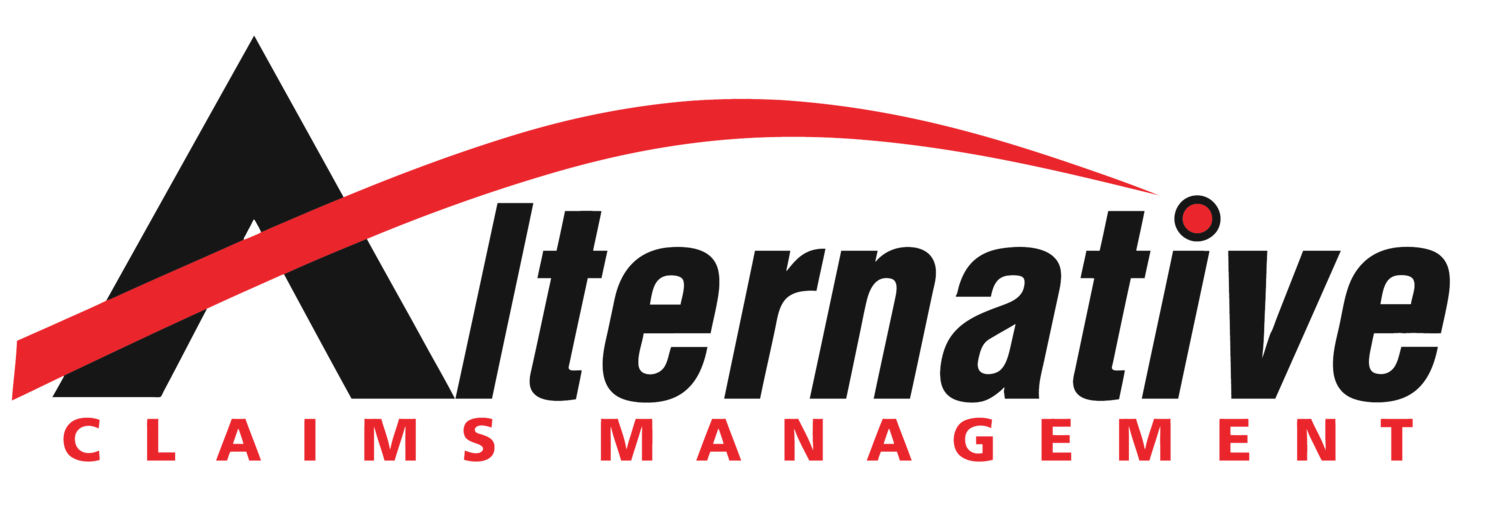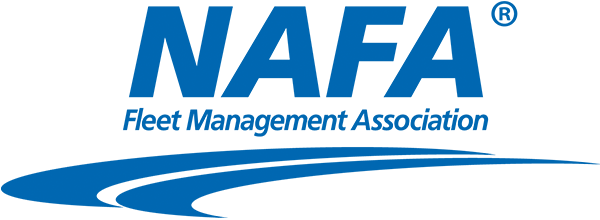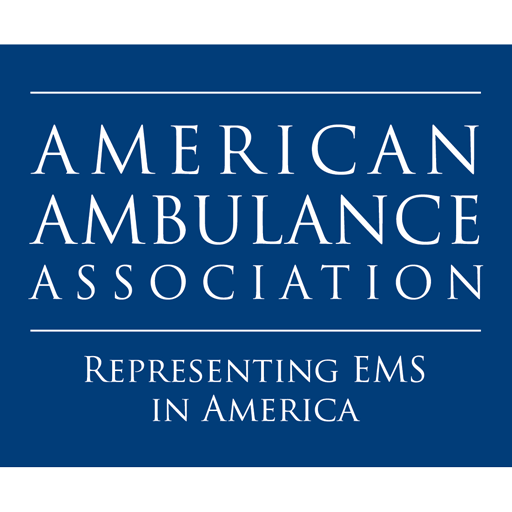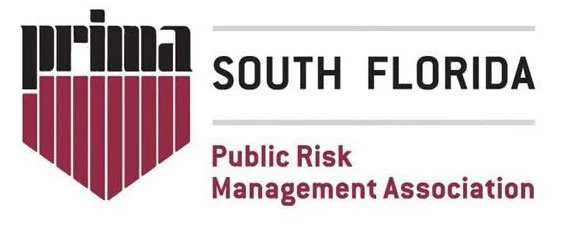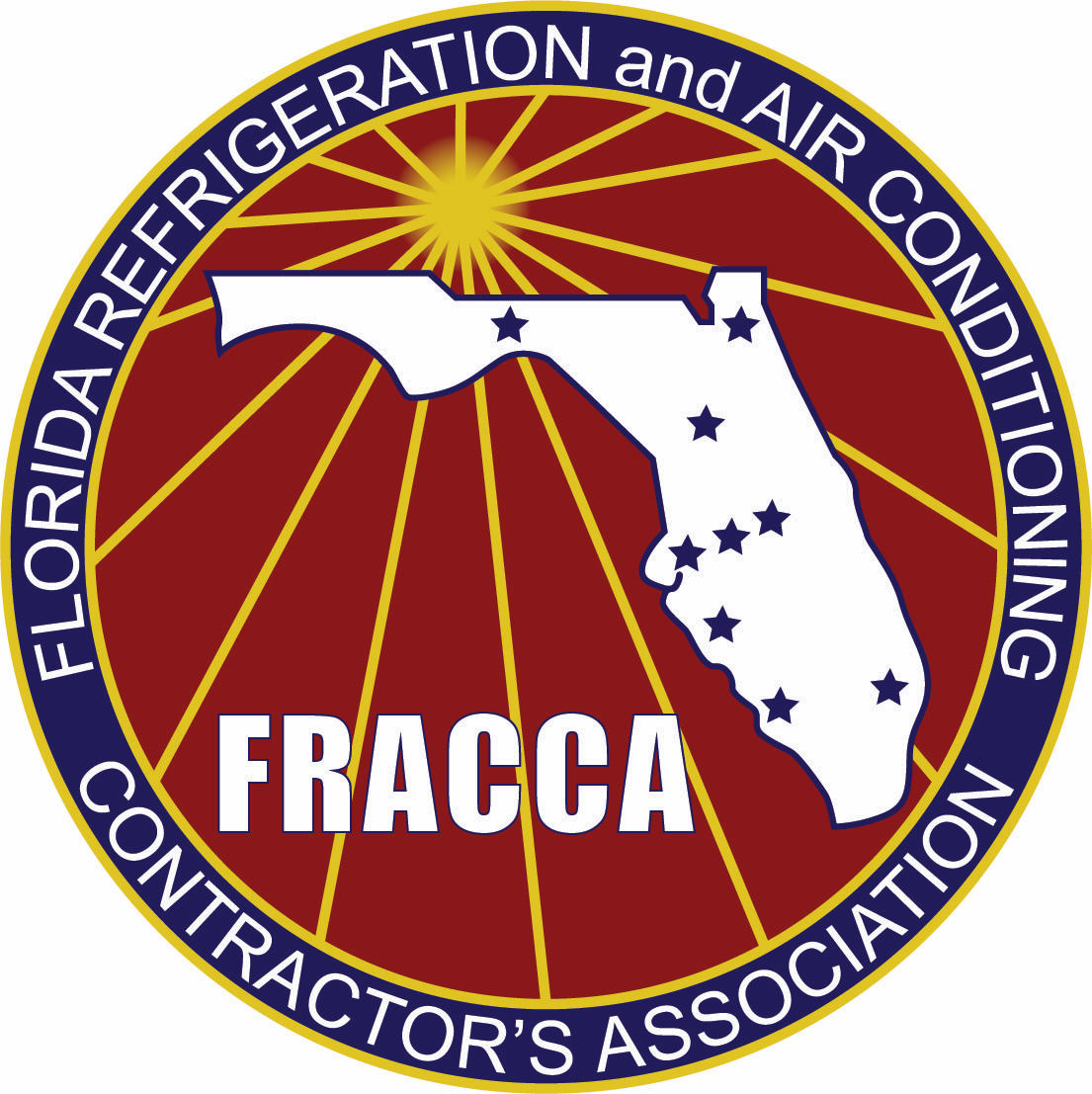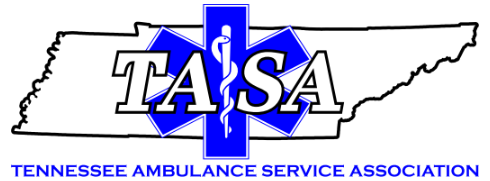Are you concerned about your business receiving fair and full reimbursements when one of your fleet vehicles is damaged by another party? The truth is, you should be. Many fleet owners are not aware of the potential financial reimbursements they could be recovering and end up “taking a hit” in more ways than one.
Let’s start with understanding what insurance companies don’t often share, what you’re entitled to recover, and the optimal process to follow. In a recent article, the National Association of Insurance Commissioners (NAIC) shared the following statistics:
Over half of all complaints logged to the NAIC stem from claims that the settlement offer was not quick, fair, or satisfactory. These numbers demonstrate why it’s so important to understand the common misconceptions and hidden truths that could prevent fair compensation for your organization.
1. Spare Vehicles Do NOT Negate Revenue Loss
Keep in mind, the basic premise of the insurance model is to maximize profits by minimizing payouts. One of the first arguments we hear is that if a firm had spare vehicles they are not entitled to loss of revenue or use. Untrue. Regardless of whether your fleet size is five or 500, you are entitled to access every vehicle you own to run your business, and insurance, registrations, permits, medallions, etc. all cost money. When your vehicle is out of service, you are likely losing revenue and therefore are entitled to recovery for the downtime of that vehicle.
2. You Can “Shop” Around
Insurers often promote their in-network body shops or preferred suppliers as your only option. Many times, these shops bid for work with the insurer so they may be incentivized to get the repair done as cheaply as possible with less regard to the quality. You can almost always go to your shop of choice with no negative consequences.
3. Auto Insurance Only Covers Physical Damage
Often left unsaid is what the auto insurance policy actually covers. While this is highly dependent on policy limits, state regulations, etc., when a third party causes an accident, you are entitled to reimbursement for loss of revenue or loss of use, and diminution of value of the vehicle under the at-fault party’s liability insurance. Other items such as damaged equipment, towing, signage or sanitation fees can often be recovered as well.
4. You Don’t have to Accept the First Offer
You might hear that if you reject their offer, you could get nothing at all. Not accurate. You are not obligated to accept a first, second, or any subsequent offer. If you don’t believe you are receiving a fair and full settlement offer, you are entitled to contest it in an effort to receive rightful compensation. You may engage a damage recovery firm or counsel to ensure you are fairly reimbursed without consequence.
It’s important to be aware that insurance adjusters are well trained and very good at their job, which involves getting you to accept a settlement quickly and at the lowest valuation. They may cite policy limits, the statute of limitations, tort law, etc. Don’t be pressured to accept any offer without fair time to thoroughly review and understand what is being presented. If you have questions, ask them. If you need expert advice, seek it. “This is our best offer” should always be viewed with a bit of skepticism. It is a negotiation. If the facts are in your favor, feel confident standing your ground to receive a full and fair settlement offer.
5. The Police Report is Not the Only Official Story
There can be many contributing documents that support disposition of fault. These may include witness statements, pictures of the scene, video, body shop estimates, etc. Work to document everything you can when you’re involved in an accident.
Unfortunately, business owners are often wrongfully led to believe that what you shared with police and the insurance carrier cannot be updated. This is simply not true. Know that you can always update or amend your statements to reflect your accurate recollections. Accidents are a stressful event; oftentimes, once you have calmed down and reflect back, you will recall additional facts and timelines. This is perfectly acceptable.
Insurance companies may push you to act quickly to close a claim after settling, so be sure to review all documentation you are requested to sign. Equally important: Do not sign a release until you are comfortable that you have been reimbursed fully. If you are unsure, consult with a damage recovery expert before signing anything.
Keep in mind, 25% of fleet accidents are caused by the negligence of a third party; you must make it a standard operating process to not “take a hit” when these occur.
You have the right to be compensated for all damages and losses incurred to your business and your assets. Therefore, it is imperative to equip yourself with the knowledge, tools, and/or expertise of a damage recovery expert looking out for your best interests.
_________________________________________
Alternative Claims Management is known for maximizing damage recovery for fleet owners and collects over $60 million a year in claim settlements for their clients.
Get started with a no-cost claims assessment to reveal
unrecovered insurance funds you may be owed:
https://www.altclaim.com/comm-claim-assessment
